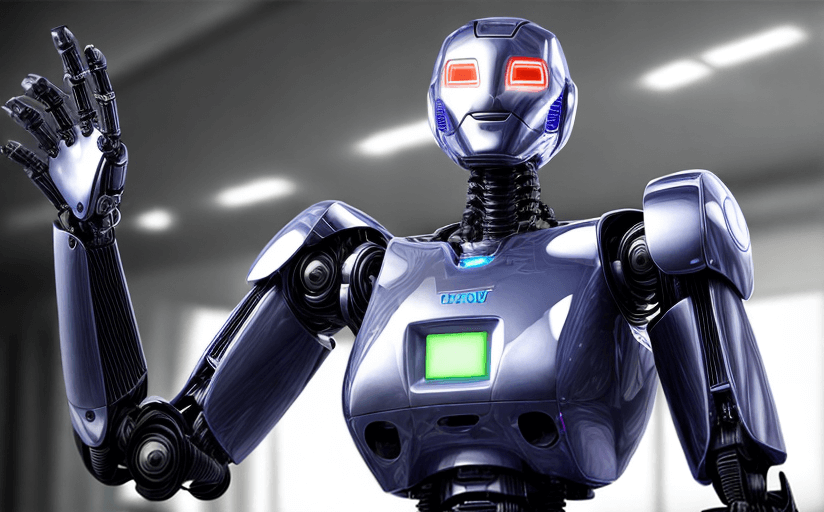Exploring the Potential Impact of Artificial Intelligence on the Future of Work
Artificial Intelligence (AI) is already having a profound impact on our lives, and its potential to revolutionize the world of work is immense. AI can automate mundane tasks, freeing up people to focus on more complex and rewarding work. It can increase productivity, reduce costs, and improve accuracy. However, there are some potential pitfalls to consider, such as the displacement of human workers and the ethical considerations of allowing AI to take on more responsibility in the workplace.
The Potential Benefits of AI
One of the most obvious potential benefits of AI in the workplace is increased productivity. AI can automate mundane tasks, freeing up people to focus on more complex and rewarding work. AI can also reduce costs, as automation can reduce the need for manual labor and other overhead costs. Finally, AI can improve accuracy, as AI-driven systems can process data faster and more accurately than humans.
The Potential Pitfalls of AI
One of the potential pitfalls of AI is the displacement of human workers. As AI-driven systems take on more and more tasks, there is a risk that human workers will be rendered obsolete. This could lead to higher unemployment and a widening of the gap between the “haves” and the “have-nots”. There are also ethical considerations to take into account, as AI-driven systems take on more and more responsibility in the workplace. For example, should AI-driven systems be allowed to make decisions that could potentially have a negative impact on human life?
Preparing for the AI-Driven Future of Work
In order to ensure a smooth transition into an AI-driven future of work, society must take steps to prepare. First, governments should invest in training and education programs to help people acquire the skills they need to work in a more automated environment. Second, policies should be implemented to ensure that displaced workers are able to find new jobs in the AI-driven future of work. Finally, organizations should develop ethical guidelines to ensure that AI-driven systems are not taking on roles with potential to cause harm to human life.
AI has the potential to revolutionize the world of work, but it is important to recognize the potential pitfalls and take steps to ensure a smooth transition. With the right policies and ethical guidelines in place, we can ensure that AI-driven systems are used to benefit all of society.


















Comments
Leave a Comment